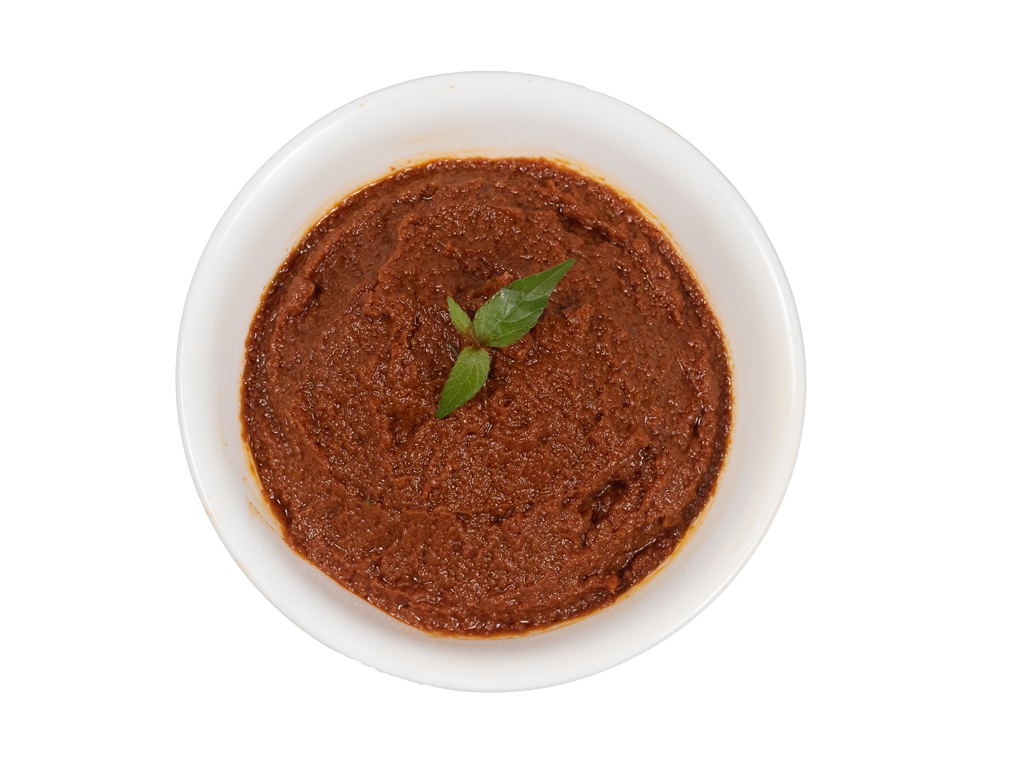Testosterone Mode of Action on the Athlete
Understanding the testosterone mode of action on the athlete is crucial for both performance enhancement and overall health. Testosterone, a hormone primarily produced in the testes, plays a significant role in various physiological processes that directly impact an athlete’s capabilities.
Role of Testosterone in Muscle Development
Testosterone is essential for muscle hypertrophy, the process through which muscles increase in size. It promotes protein synthesis, allowing for greater muscle recovery and growth post-exercise. This anabolic effect enhances strength and endurance, making it a key factor in sports performance.
Mechanism of Action
The testosterone mode of action on the athlete involves binding to androgen receptors located in muscle tissue. This interaction triggers a cascade of cellular events that lead to increased muscle fiber size and number, improving overall athletic performance.
Impact on Athletic Performance
Elevated testosterone levels can significantly enhance athletic performance. Athletes with optimal testosterone levels often experience:
- Increased strength and power output
- Improved recovery times between workouts
- Enhanced endurance during prolonged physical activity
Influence on Mood and Motivation
Beyond physical attributes, testosterone also impacts psychological factors critical for athletes. Higher levels of this hormone are linked to improved mood, increased motivation, and greater competitiveness, all of which contribute to better athletic outcomes.
Balancing Testosterone Levels
Maintaining proper testosterone levels is vital for athletes. Low testosterone can result in fatigue, reduced motivation, and diminished performance. It is essential for athletes to monitor their hormonal health and seek professional guidance when needed.
Conclusion
The testosterone mode of action on the athlete showcases its multifaceted influence on both physical https://testosteronepharmacycle.com/products/testoxyl-suspension-100-100-mg-kalpa-pharmaceuticals/ and mental performance. Understanding this hormone’s role allows athletes to optimize their training regimens and enhance their competitive edge while promoting overall well-being.



